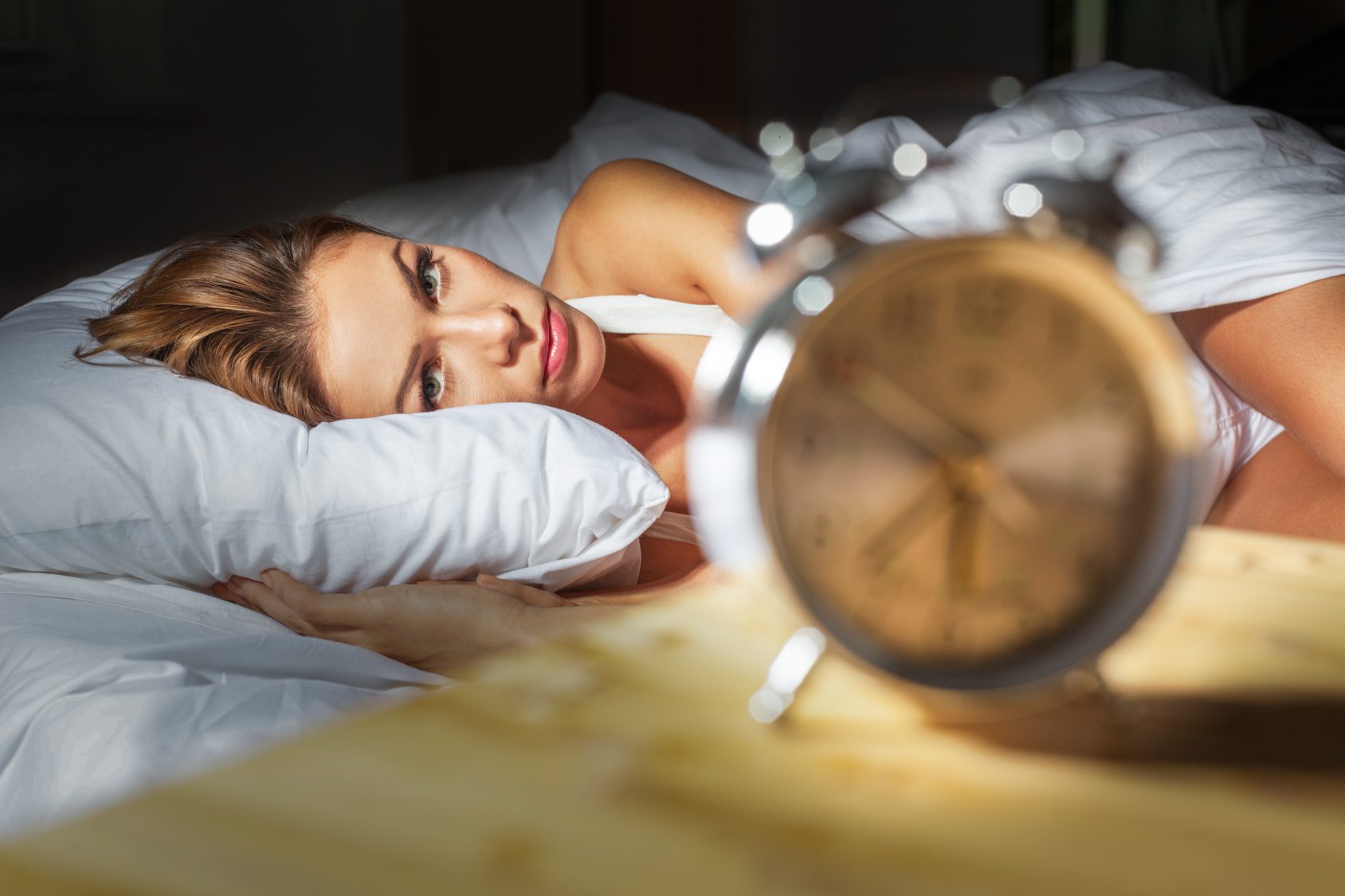Unfortunately, many people have trouble falling and staying asleep in today’s world; about 40 percent of adults suffer from insomnia, according to the National Sleep Foundation. Of course, the rising number of people who have insomnia doesn’t come as a surprise when you think about how our society runs today – phone and computer screens in our faces almost all day, rushing from one place to another to do errands and meet deadlines, eating whatever we can find in order to just scrape by, and, in general, living without adequate relaxation time.
Losing so much sleep on a regular basis can contribute to many dangerous health problems, including diabetes, heart disease, and even obesity. In order to feel your best and get a restful night’s sleep, you might need a few tips to help you get to sleep easier.
Here are 5 natural remedies for insomnia:

1. Take valerian or melatonin supplements to help beat insomnia.
Used for many centuries now, Valerian is a natural sedative which will help you relax and fall asleep faster. You’ll find them in health food stores and pharmacies in capsule form. You will want to take one or two a half hour before bed to allow it to start working in your system. Another option is melatonin supplements, which help regulate the sleep/wakefulness cycle. You can either buy sublingual tablets or capsules to take each day before bed. .25 to .3 mg is most effective for steady use.
2. Establish a relaxation routine before bed.
For insomnia sufferers, many don’t have a regular routine at bedtime, which leaves their minds wandering onto any subject except that of falling asleep. Make sure you have some sort of bedtime schedule, whether you like to take a warm bath, meditate, do a yoga sequence, go for a short walk around the neighborhood, read a book, etc. This way, your body will start to get into a natural rhythm and know what to expect as you wind down at the end of the day.
3. Use “white noise” machines to drown out any bothersome noises.
If you have a particularly noisy home, you might want to try blocking out the sound with a white noise machine. These machines make noises that sound like a rushing waterfall or wind blowing through the trees, which will calm your nerves and get your mind ready to drift off into a deep sleep. You can find these machines at many outlets and retailers online and in physical stores, available in large varieties based on your personal preferences.
4. Avoid caffeine and alcohol, especially in the evening.
Since caffeine is a stimulant, it will only get your heart beating fast, blood pumping, and mind wired when you’re trying to get ready for bed. That’s the last thing you want, so avoid drinking any coffee, sodas, or energy drinks long before you fall asleep at night. Alcohol is a depressant, so you might wonder why you would want to avoid it during the evening. Irshaad Ebrahim, the medical director at The London Sleep Centre in the U.K., has the answer.
“Alcohol may seem to be helping you to sleep, as it helps induce sleep, but overall it is more disruptive to sleep, particularly in the second half of the night. Alcohol also suppresses breathing and can precipitate sleep apnea.”
While alcohol might seem to help you fall asleep faster and make you drowsy, it ultimately interrupts REM sleep, which helps us restore and regrow cells, and simply recover from the day before. Alcohol spikes insulin levels, which also explains why you wake up in the middle of the night feeling restless with your heart beating rapidly.
Instead of alcohol and caffeine, go for a nice cup of decaf herbal tea at night to get you relaxed and ready for a sound night’s sleep.
5. Spend at least thirty minutes outdoors each day to overcome insomnia.
We spend far too much time indoors in our society today, and the unnatural lighting from cell phone and computer screens, fluorescent lights, and LED lights can disrupt our circadian rhythm. Make sure you spend at least thirty minutes outside each day in order to soak up some natural light and help balance your body’s chemistry. Your brain absolutely needs sunshine and fresh air in order to function properly, so make sure to give it what it needs and get out of the house or office at some point during the day.

















